To encourage organizations and enterprises to participate in investing in railway projects using non-state capital, the Railway Law (amended) stipulates that these projects are guaranteed compensation and resettlement support costs by the state, and this part of the cost is not included in the proportion of state capital participating in the project when implemented under the PPP method.
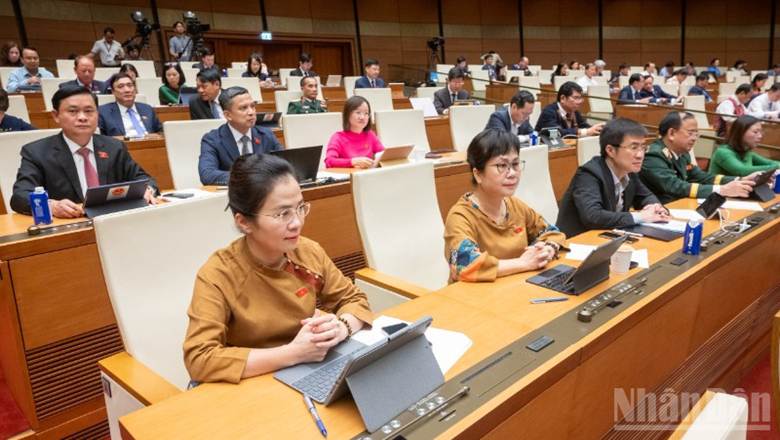 |
| National Assembly delegates attending the meeting. (Photo: DUY LINH) |
On the morning of June 27, according to the program of the 9th Session, the National Assembly voted to pass the Law on Railways (amended).
The results of the electronic voting showed that the majority of National Assembly deputies participating in the vote approved the passing of this law (with a rate of 89.12%).
Before the National Assembly delegates pressed the button to pass the law, Minister of Construction Tran Hong Minh, authorized by the Prime Minister , presented a Report on receiving, explaining, and revising the draft Law on Railways (amended).
According to Mr. Minh, taking into account the opinions of the National Assembly deputies, the draft Law after taking into account and revising includes 4 chapters, 59 articles, 25 articles less than the draft submitted by the Government . Special policies are stipulated separately in Section 2, Chapter II of the draft and only apply to important national projects, projects whose investment policies are decided by the National Assembly.
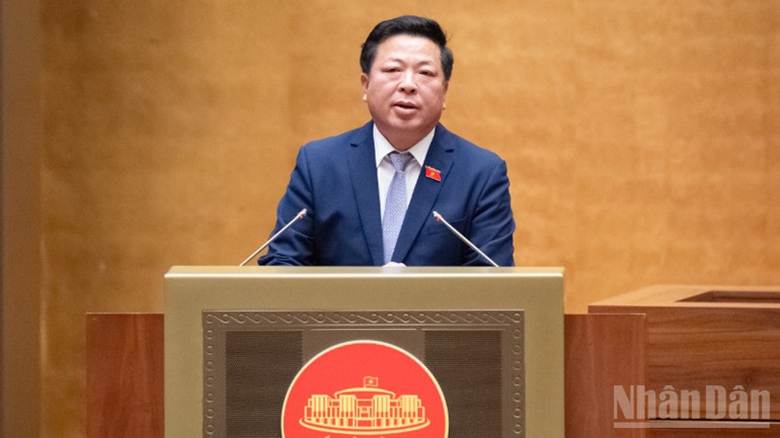 |
| Minister of Construction Tran Hong Minh. (Photo: DUY LINH) |
Regarding the State's preferential and support policies for railway development, taking into account the opinions of delegates, on the basis of inheriting and perfecting preferential and support policies to attract investment resources, develop railway infrastructure and industry, and enhance the leading role of railways in the national transport system, the draft law has been revised to be more transparent, clear and feasible.
Regarding investment in railway projects using non-state capital, the Minister of Construction stated that in order to promptly institutionalize the Party's important guidelines on private economic development in Resolution No. 68-NQ/TW, the draft law has provisions on investment in railway projects using non-state capital.
In order to encourage organizations and enterprises to participate in investing in railway projects under the public-private partnership (PPP) method or direct investment, the draft stipulates that these projects are guaranteed by the state for compensation and resettlement support costs, and this part of the cost is not included in the proportion of state capital participating in the project when implemented under the PPP method.
In response to delegates' opinions, Article 24 of the draft law has been revised to add binding conditions and control over the transfer of investment projects to ensure strict management, avoid loss of assets, and ensure national defense and security.
In addition, clearly define the role of state management through the participation of state agencies in controlling the steps after investment policy such as: Checking the acceptance work, approving the list of standards applicable to the project because railway projects are often large-scale, high-tech, complex technology and require high safety.
Regarding compensation and resettlement support when the State acquires land, to ensure strictness and not apply universally to all projects, Article 57 of the draft law clearly states that this provision only applies to important national railway projects and railway projects whose investment policy is decided by the National Assembly.
Article 34 of the draft stipulates that the Provincial People's Committee is allowed to decide on separating the compensation and resettlement support project into an independent project and to appoint contractors for this work.
This provision is similar to the provisions of the Law on Public Investment and the Law on Bidding, except that the time to decide to separate the project is after the competent authority has decided on the investment policy. This is one of the important contents, aiming to remove the "bottleneck" in site clearance, the main cause of slow progress and capital increase.
Regarding the effective date and transitional provisions, taking into account the opinions of the delegates, the Government has reviewed and revised the provisions effective from July 1, 2025 and those effective from January 1, 2026 of the draft to ensure the feasibility of the provisions taking effect early.
In addition, to ensure uninterrupted railway operations, especially construction investment activities, the Government has directed a thorough review of cases requiring transitional handling for projects that have been decided on investment policies before the effective date of this law and transitional regulations for system safety assessment.
According to TRUNG HUNG/Nhan Dan Newspaper
Source: https://baovinhlong.com.vn/kinh-te/202506/nha-nuoc-bao-dam-kinh-phi-boi-thuong-ho-tro-tai-dinh-cu-voi-du-an-duong-sat-von-ngoai-nha-nuoc-eb51150/


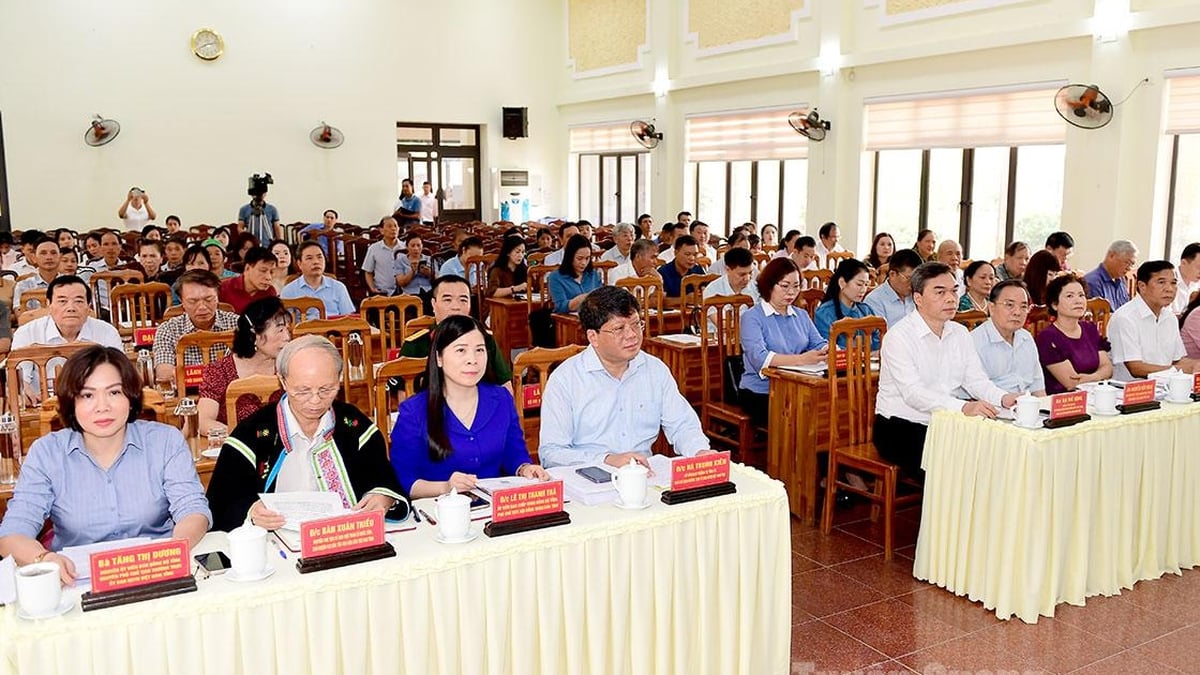
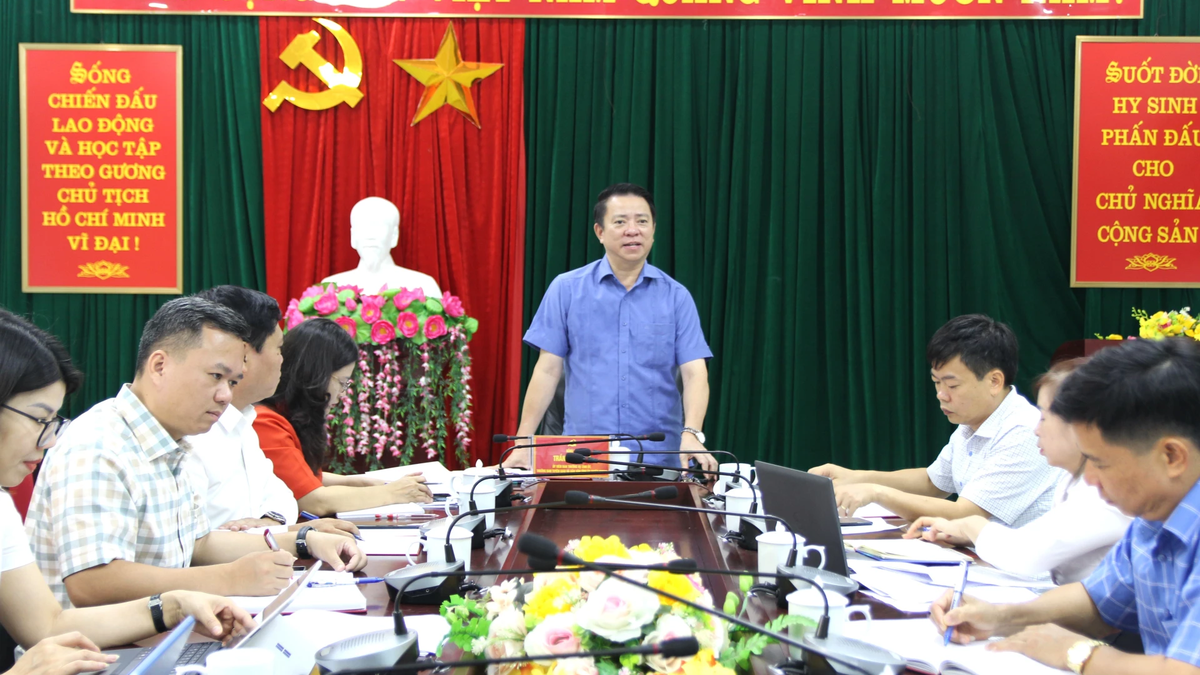



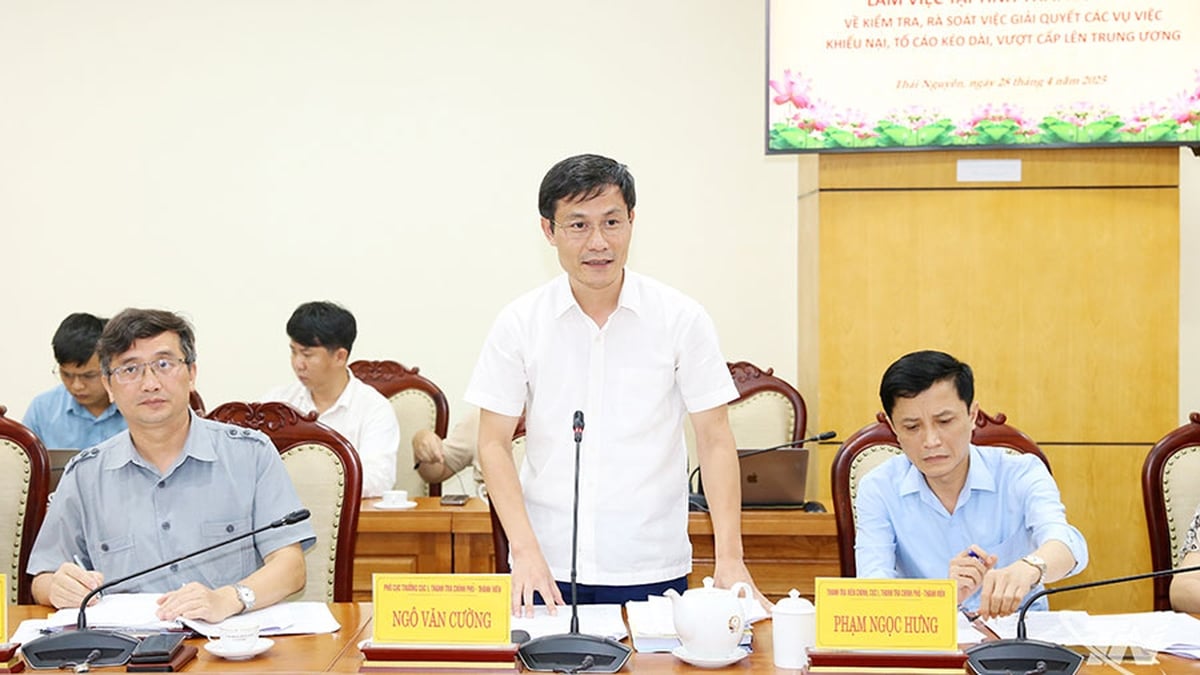


















![[Photo] National Assembly Chairman attends the seminar "Building and operating an international financial center and recommendations for Vietnam"](https://vphoto.vietnam.vn/thumb/1200x675/vietnam/resource/IMAGE/2025/7/28/76393436936e457db31ec84433289f72)



























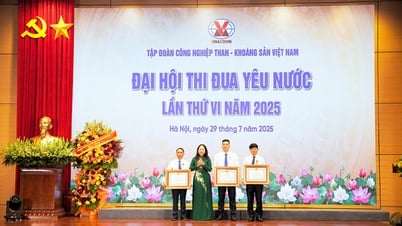





















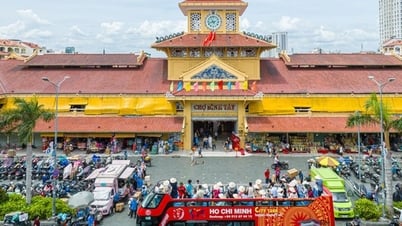





















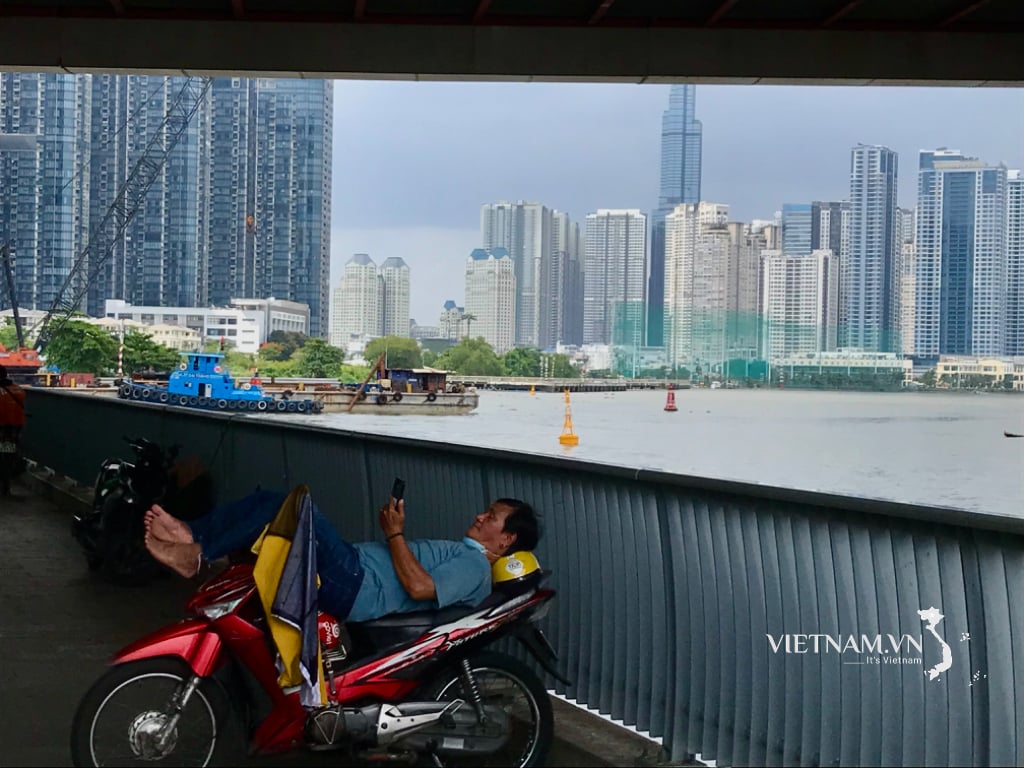


Comment (0)